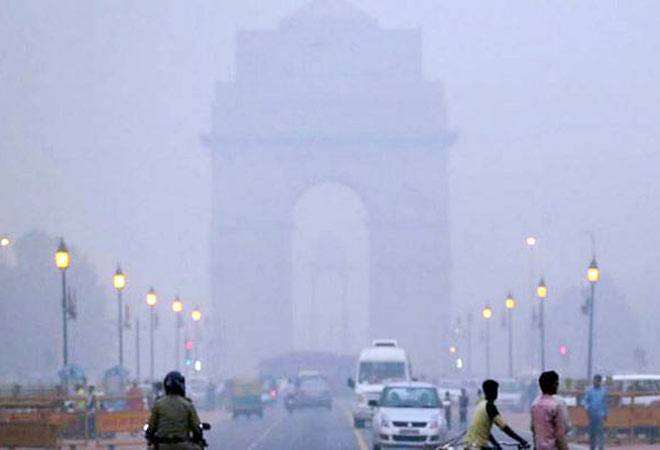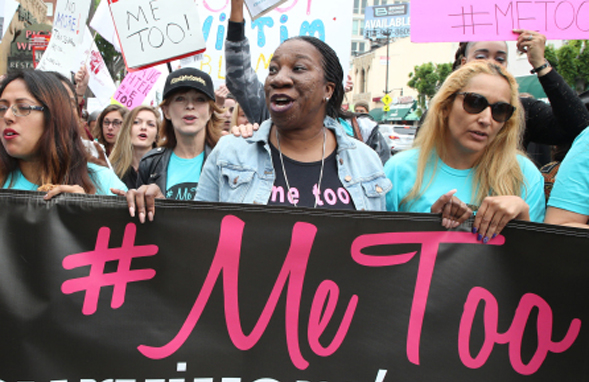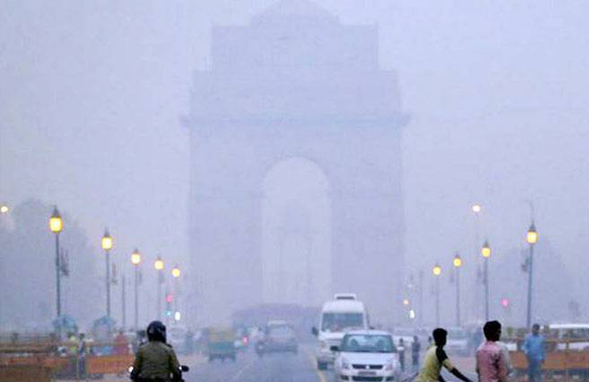
According to the dictionary, ‘toxic’ best encapsulates the ‘the ethos, mood and preoccupations’ of the year
The word ‘toxic’ has been chosen as an all-round word to perfectly describe the year by Oxford Dictionaries. The word seems to capture the events and occurrences around the world, it seems. It was looked upon its website 45% more than usual. Toxic is a mid-17th-century English word that is derived from the Latin word toxicus.
‘Toxic’ predominantly conjures up the image of pollution and decay, as has been the case in Indian cities of the Northern Plains, especially Delhi. With air pollution levels regularly crossing the emergency threshold, pure and fresh air has become a rarity for Delhi’s residents. Corroborating this fact were the Diwali celebrations, which constitute bursting of firecrackers. It also connotes the climate change occurrences that have led to various climate-related disasters, such as the recent California forest fires.

Toxic is also the political undercurrent in many nations. Signifying the negativity and unease in the political climate, and the consequent division and hatred amongst members of societies, the word can be used to refer to the state of affairs in polarised US, India and the UK.
“Toxic masculinity” is another term that has been used overwhelmingly and is an unambiguous reference to the #MeToo movement rocking many nations of the world, such as the USA, UK and India. The Hollywood-originating movement led to outpourings by women publicly announcing their sexual harassment (at times, even rape) experiences.
Oxford University Press’s president of dictionaries, Casper Grathwohl, said: “Reviewing this year in language, we repeatedly encountered the word ‘toxic’ being used to describe an increasing set of conditions that we’re all facing. Qualifying everything from the entrenched patriarchy to the constant blare of polarising political rhetoric, ‘toxic’ seems to reflect a growing sense of how extreme, and at times radioactive, we feel aspects of modern life have become.”









